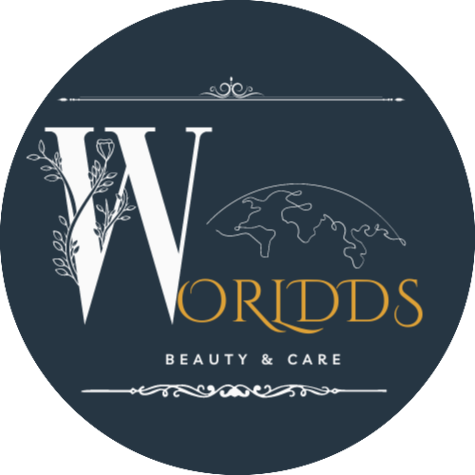Certainly! Let’s delve even deeper into each aspect of maintaining healthy nails:
- Balanced Diet:
- Aim for a well-rounded diet that includes a variety of nutrients crucial for nail health. Biotin, a B-vitamin, is essential for promoting keratin production, which contributes to the strength and resilience of nails. Foods rich in biotin include eggs, almonds, and avocados. Vitamin A, found in sweet potatoes and carrots, aids in preventing brittleness, while vitamin C from citrus fruits supports collagen production, enhancing overall nail integrity. Incorporate iron-rich foods such as lean meats and spinach, and ensure an adequate protein intake for optimal nail growth.
- Hydration:
- Water is fundamental for maintaining the health of your entire body, including your nails. Dehydration can lead to dry and brittle nails, as well as slowed nail growth. Make it a habit to drink at least 8 glasses of water daily, and consider consuming hydrating foods like watermelon and cucumber to boost your overall fluid intake.
- Proper Nail Care:
- Nail care involves more than just trimming. Ensure your nails are clean and dry before cutting to prevent infections. Use high-quality, sharp nail clippers to avoid splintering or damaging the nail. Gently shape your nails with a fine-grit emery board, filing in one direction to maintain smooth edges. Regular maintenance not only promotes aesthetics but also prevents snagging and breakage.
- Moisturize:
- Nail health is closely tied to the health of the surrounding skin and cuticles. Apply a rich moisturizer or cuticle oil to nourish the nail bed and prevent dryness. Massaging the cuticles helps stimulate blood flow, promoting healthier nail growth. Consider using products with ingredients like shea butter, jojoba oil, or vitamin E for added nourishment.
- Protect Your Nails:
- Household chores and gardening can expose your nails to harsh chemicals and physical stress. Wearing protective gloves shields your nails from these potential hazards, maintaining their strength and preventing damage. Additionally, gloves offer protection against water exposure, which can lead to softened nails that are more prone to breakage.
- Avoid Harsh Chemicals:
- Opt for acetone-free nail polish removers to minimize the drying effect on nails. When using nail polish, choose products free of harsh chemicals like formaldehyde, toluene, and dibutyl phthalate (DBP). Regular exposure to these chemicals can strip the nails of their natural oils, making them susceptible to cracking and peeling.
- Limit Gel and Acrylic Nails:
- While gel and acrylic nails provide a polished look, their prolonged use can have drawbacks. These artificial enhancements can weaken the natural nail bed. Consider giving your nails breaks between applications to allow them to recover and grow without interference.
- Avoid Nail Biting:
- Nail biting not only affects the appearance of nails but can also lead to jagged edges, weakened structures, and potential infections. Breaking this habit may require a multi-faceted approach, including the use of bitter-tasting nail polish, stress management techniques, and seeking support from friends or professionals.
- Maintain Healthy Cuticles:
- The cuticle serves as a protective barrier for the growing nail. After a warm shower, when the cuticles are soft, gently push them back using a cuticle pusher or an orange stick. Avoid cutting the cuticles excessively, as this can expose the nail bed to infections. Regular cuticle care promotes a healthy foundation for nail growth.
- Sun Protection:
- UV radiation can cause discoloration and damage to the nails. Apply a broad-spectrum sunscreen to your hands and nails, particularly if you spend extended periods in the sun. Consider using a hand cream with SPF for added protection against environmental stressors.
- Regular Check-ups:
- Your nails can be indicators of your overall health. Keep a watchful eye on changes such as discoloration, ridges, or unusual thickness. Persistent abnormalities may be signals of underlying health issues or nutritional deficiencies. If you notice significant changes, consult with a healthcare professional or dermatologist for a thorough examination.
- Supplements:
- If your diet falls short in delivering specific nutrients crucial for nail health, consider consulting with a healthcare professional about incorporating supplements. Biotin supplements, in particular, are often recommended to strengthen nails. Vitamin E and omega-3 fatty acids also contribute to overall nail health.
Incorporating these detailed tips into your routine will not only enhance the aesthetics of your nails but also contribute to their strength, resilience, and overall well-being. Remember, consistency is key, and a holistic approach to nail care yields the best results. If you have persistent concerns or specific conditions, seeking advice from healthcare professionals is always advisable.
